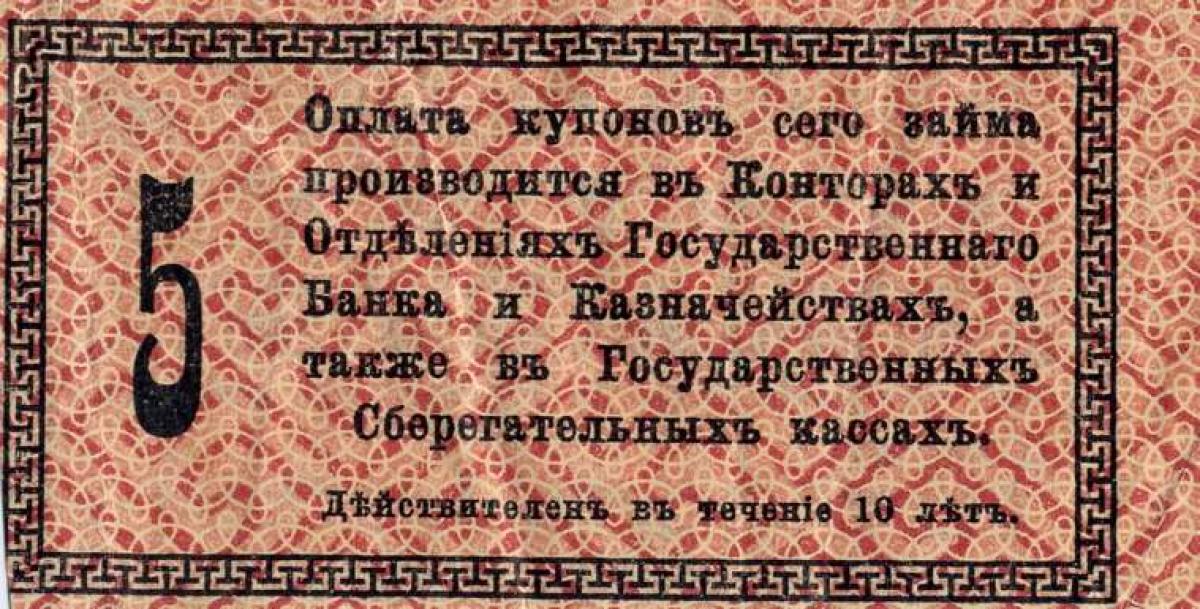Argentines take heart. Yes, you have implacable holdout bondholder NML Capital to contend with, and NML has been beating you in court battles arising from your 2001 bond defaults. But … Paul Singer isn’t Vladimir Putin, and NML isn’t Mother Russia.
Your courtroom battles aren’t actual battlefield battles.
The default of Ukraine on its bonds as 2015 ended, in particular on its $3 billion debt to Russia, is a matter of state enmeshed with an ongoing border war.
The Yanukovych Debt
Let’s back up a bit. In late 2013 Ukraine incurred what is known in this context as the Yanukovych debt – debt incurred by the administration of the country’s former President Viktor Yanukovych in the tumultuous period before his overthrow. Yanukovych, who incurred the enmity of many Ukrainians because he was seen as a Russian puppet at a time when his countrymen wanted closer ties to Western Europe, resigned and left the country in late February 2014.
Given the importance of IMF assistance, Russia seemed to have the upper hand as the debtor country’s finances worsened under pressure from its creditor’s annexation of the Crimea and from other crises. Russia took a hard line and refused even to discuss any restructuring of the debt. It didn’t have to. The very fact that the Ukraine was in arrears to it would under the old rules have foreclosed the possibility of IMF assistance to the debtor nation. Meanwhile Russia was at least indirectly supporting the rebels in the eastern part of the debtor country, and the costs of fighting those rebels did a good deal to put the debtor government in an ever-tighter bind.
Some Good News
But late in 2015 the IMF issued a new policy: it will provide financing to a country even if that country has outstanding arrears to official bilateral creditors, if three conditions are met.
The conditions are: first that “the need to move ahead and provide financial support to the debtor is urgent,” too much so to consume more time trying to conciliate holdouts; second that the debtor has tried to reach a restructuring agreement in good faith; and third that the IMF’s executive board has decided that proceeding in this way will not be “unduly detrimental” to its ability to mobilize official financing in other circumstances, for other debtors, down the road.
Naturally when phrases such as “unduly detrimental” or “in good faith” are in play, then the relevant authorities are leaving themselves a lot of discretionary room, a lot of room to fly by dead reckoning.
This is one of the recent actions taken by international institutions that have aimed to address the holdout problem, precisely the problem so vividly demonstrated by the Argentina example. It may not have been especially targeted at the developing situation in the Ukraine. Still, it very much improved the debtor’s bargaining position there.
Good Faith
At a conference call convened to discuss this policy shift on December 10, 2015, the very first question directed at the fund’s general counsel, Sean Hagen, was about … Russia and Ukraine. A questioner (not identified in the transcript) asked whether Ukraine was acting in good faith in the relevant sense given that “Ukraine does not recognize the status of the debt.”
Hagen’s answer to the question about the Ukraine’s good faith was … a refusal to answer. “I think that we want to basically have a discussion here that deals with the policy reform rather than the specific cases.”
The significance of the policy reform will, here as usual, have to work itself out and make itself evident in the specific cases. And it seems certain the Ukraine/Russia issue will play a big part of that in the months and years ahead.




